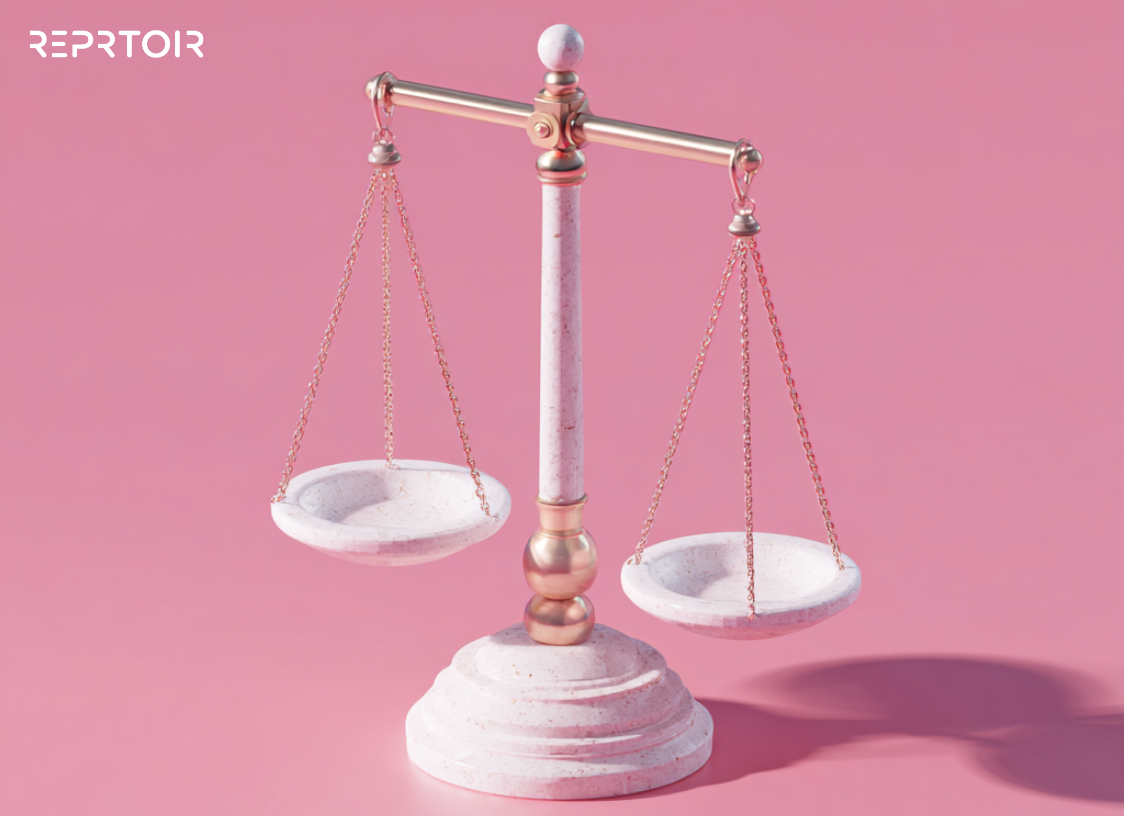Mechanical rights and royalties are some of the most misunderstood royalty streams that exist in music.
In the case of mechanical royalties, it doesn't mean the payment made for the broadcast of the recording. Often the songwriters and performers are the same people, meaning that mechanical royalties go with performance royalties, which creates some confusion.
The mechanical royalty is the payment that follows the composition.
Every time someone buys a reproduction of a piece of music, the writer receives a payment. But what exactly defines reproduction and who pays for it, has been the source of legal battles and contention in the industry. To de-muddle the issue we need to define what a musical reproduction is. Then we can understand how a mechanical royalty pays out for it.
In the past, the reproduction of a song meant a copy of a vinyl print, tape or CD. When streaming services came into fruition, there were no laws to protect artists and songwriters. The problem arose when they were having a hard time getting paid, even though their music was being consumed over and over again.
That meant that the definition of mechanical royalties needed some updating. Songwriters need copyright definitions to include streaming and digital copies of audio files like WAVs or mp3’s. In 2018, the US passed the Music Modernization Act (MMA). The MMA aimed to fix the loophole which streaming services had been capitalizing on. This allowed them to determine who pays the royalty owed.
Who Pays Mechanical Royalties (and who benefits from them)?
The answer to this depends on where your music is being distributed. Many musicians think that Performing Rights Organizations (PROs) collect mechanical royalties. Organizations like BMI or ASCAP in the US or PRS in the UK. Those organizations are responsible for collecting performance royalties, which is a separate topic.
Mechanical royalties get a little bit stickier to chase. There isn’t one global entity that collects mechanical royalties from streaming sites. That means that artists and music publishers have to register with different organizations depending on where their music is going to be heard.
When the Music Modernization Act was passed, the US also created the Mechanical Licensing Collective (MLC). This non-profit organization now collects mechanical royalties and distributes them to copyright owners. You may have heard of SoundExchange, which is the Modernization Act’s equal amendment for performance royalties, not mechanical.
To collect mechanical royalties in Canada, songwriters need to ensure their music is registered with SOCAN. In the UK, an organization called the Mechanical Copyright Protection Society takes care of collecting and distributing these royalties and in the EU, there is yet another one.
Once mechanical royalties are distributed, the chase isn’t over for songwriters and music publishers. Often, mechanical royalties are distributed to the copyright master holder. This is generally the record label. The record label then pays out the artist or publisher.
If the artist has signed with a publisher, then the publisher holds the copyright and collects 100% and then pays the artist, but generally, it is split 50/50. There are co-publishing deals that exist between artist and publisher where the artist will take 75%. That is because they are entitled to the writer’s share which is half of the mechanical royalty, and then half of the remaining publisher share.
It is important to note that mechanical royalties are not set by artists, publishers, labels or digital media companies. These groups are represented by various organizations and go before a panel of judges which is called the Copyright Royalty Board (CRB). These various groups plead their cases and mechanical royalty rates and splits are defined by law.
How Reprtoir can Help
Needless to say, the process of tracking and collecting mechanical royalties can be convoluted. All this and at the end of the day mechanical royalties typically don’t make up a large portion of artist revenues. It can be really easy for money to fall through the cracks of such a convoluted system. Luckily, some great minds have come together to bring you Reprtoir.
Reprtoir is a music management software for record labels and music publishers. Reprtoir allows you to manage royalty accounting and track marketing assets like audio and video. This allows publishers and labels to handle incomes, fees and process royalty statements from any sources.
Reprtoir takes a convoluted system and makes the notoriously complex world of music business, simple and easy to manage from one place.











